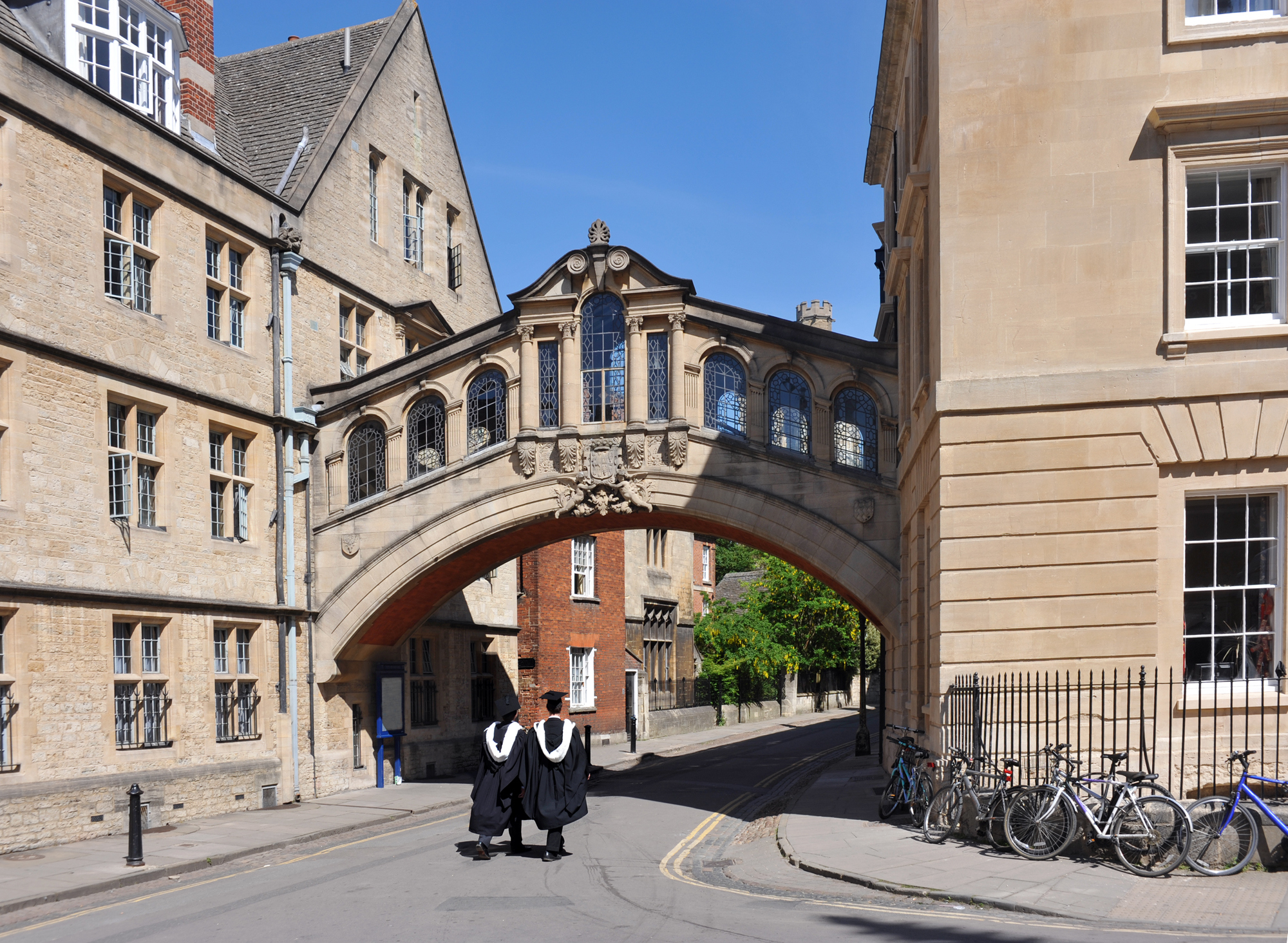The romantic notion of education as the great social leveller is indelibly implanted in our national consciousness. The country’s first female prime minister, Margaret Thatcher, was the daughter of a shopkeeper who went to Oxford University. Adele, the singer-songwriter from Tottenham who has sold 100 million records, attributes her success to gaining a place at the BRIT School for Performing Arts. The son of immigrants, Harry Kroto, who went on to win a Nobel Prize in chemistry, said his life changed when he secured a scholarship at a local grammar school.
Yet these are the notable exceptions to the overwhelming pattern observed for schools and universities. We have unrealistic expectations of our education system as an engine of social mobility. Teachers do an amazing job. But the idea that they can, single-handedly, cancel out the extreme inequalities outside the school gates is a fanciful one. It is little wonder we are witnessing a crisis in teacher recruitment and retention.
What we have instead observed has been an ever-escalating education arms race, in which the poorest children have ended up hopelessly ill-equipped to fight. The signs are all around us: the booming billion-pound industry of private tutors paid to boost pupils’ grades; the sharp-elbowed tiger parents stopping at nothing to get their children into the best schools, and the stressed-out students trying to navigate a complex and often baffling university admissions system.
Because graduates make more money than non-graduates, the middle classes have got even richer.
In this race, the rewards have increasingly gone to the offspring of our social elites. Take for example the expansion of universities. The proportion of the poorest young people earning degrees grew from six per cent in 1981 to 18 per cent in 2013; yet the proportion of the richest young people earning degrees went up from 20 per cent to 55 per cent. In one generation the graduation gap nearly trebled; and because graduates make more money than non-graduates, the middle classes have got even richer.
In this race the biggest losers are the school-leavers with no qualifications at all. Around a quarter of 16 to 18-year-olds lack basic numeracy and literacy skills. Every year hundreds of thousands of children leave the school system without the basics to get on in life. Most end up in dead-end jobs stuck on the lowest rungs of life’s social ladder.
To understand how a 16- or 17-year-old can leave education without basic skills, you need look no further than a school register detailing the tough lives of their most troubled pupils. These are deeply harrowing tales involving years of instability, abuse and violence at home as young children.










